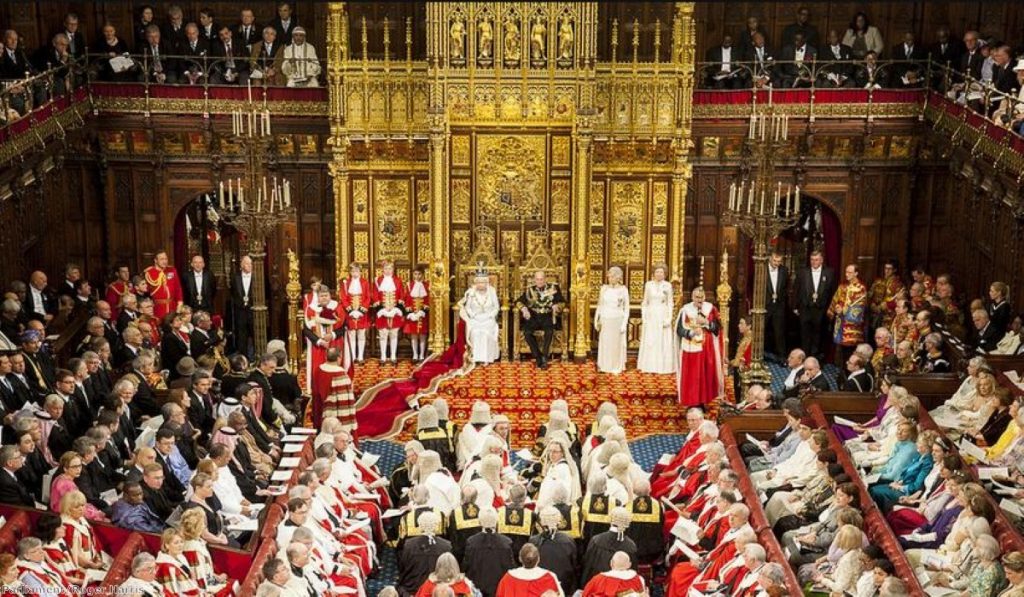Queen’s Speech: Last-chance saloon for Cameron and Clegg
This year's Queen's Speech is going to be right-wing, controversial and could – while everyone is distracted – even change the country.
All eyes will be on the coalition's penultimate Queen's Speech to see how David Cameron and Nick Clegg will respond to last week's local elections.
The rise of Ukip is likely to be met with a series of right-wing policies. A bill on immigration could be joined by legislation on anti-social behaviour, police complaints and even public order legislation toughening up the powers of the police in order to beef up the Conservatives' credentials in the fight against Nigel Farage. A draft bill setting up the EU referendum is plausible, although this may not appear until 2014. The Lib Dems' biggest contribution is in what they are blocking: the communications data bill, for example, which Clegg has made very clear isn't going to happen.
Also unlikely to feature are moves to introduce minimum pricing for alcohol or plain packing for cigarettes. These were hotly anticipated public health reforms but appear to have dwindled in the lead-up to the Speech. An announcement by the prime minister in January about plans to shake up the legislation governing co-operatives may also not lead to much, either.


After their ambitious programme of reform legislated on in their first three years in power the coalition is concentrating on implementation rather than introducing drastic new changes. Despite this, there will be a surprising amount of controversy generated this year. The ongoing struggle over the energy bill, an antagonistic bill taking on political propaganda from local authorities and legislation paving the way for HS2 will all generate intense opposition. We might be nearer the end than the beginning, but this government still has a bit of bite left in it.
There's a strong chance the constitution could be in for a little more tinkering, too. William Hague has promised primary legislation to outline the rules governing the deployment of Britain's armed forces. Wales could find itself in line for more money-raising powers in the next round of devolution. And ambitious stalled goals like reforming party funding could be set to receive some renewed attention, too.
The most significant changes will come from three pieces of legislation. The care support bill, finally resolving the impasse over the funding of care which has deadlocked the issue in Westminster for years, will deservedly generate headlines. Then there's the pensions bill, which will push through the simplification of the pensions system in a way which will eventually affect most of us. Finally comes a consumer rights bill. It doesn't matter that this was precipitated by a looming deadline to comply with an EU directive. When passed, reluctantly or not, the current state of play will be consolidated and strengthened. When we get on the end of a dodgy deal – and it happens to all of us at some stage – this will make a real difference.
Our focus will be on the politics, though, as the coalition unveils its agenda for the next 12 months. By this time next year the unravelling of this government will be well and truly underway. So if Cameron and Clegg really want to start any major new projects, this Queen's Speech is their last chance to do so.

